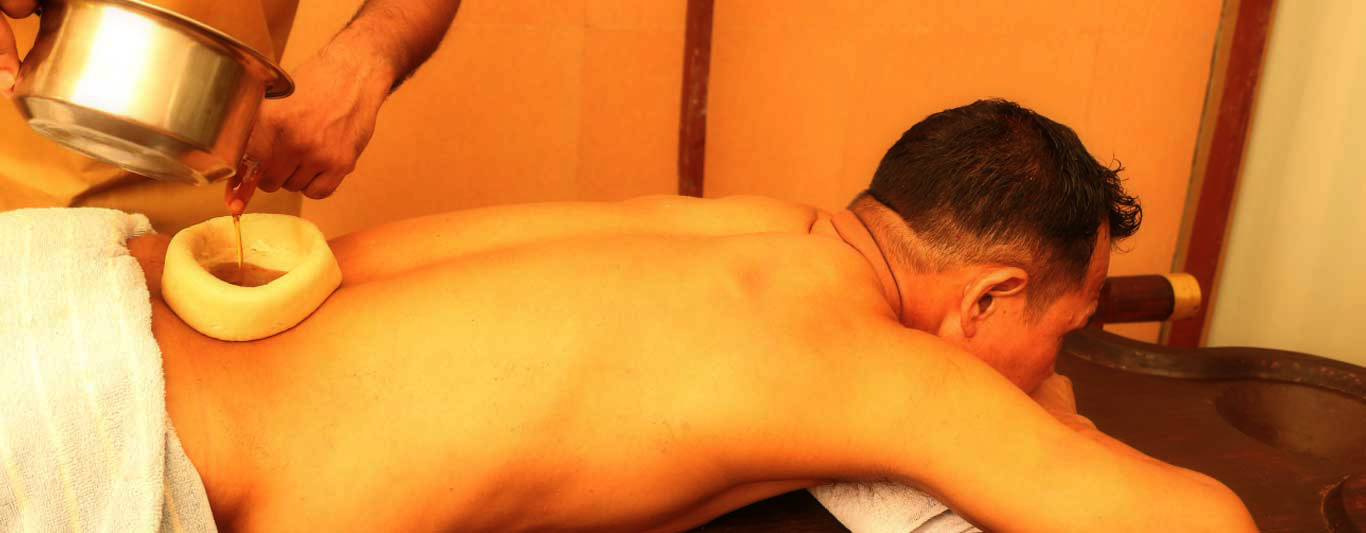Diarrhea
Diarrhoea describes loose, watery stools that occur more frequently than usual.
Having at least three loose motions in 24 hours is considered as diarrhoea in modern science. Diarrhoea is a very common problem affecting all age groups at one time or another. Diarrhoea is most commonly caused by the infections of bacteria, viruses and parasites in digestive system. These microbes generally enter the digestive system through infected food, water, milk, flesh or other eatables. Diseases like cholera and typhoid also cause diarrhoea. Non-infectious conditions that can cause diarrhoea are inflammatory bowel disease, Crohn's disease, irritable bowel syndrome, intestinal allergies, intolerance to lactose or gluten and hyperthyroidism.
Symptoms
- Frequent, loose, watery stools
- Abdominal cramps
- Burning of anus
- Fever
- Blood in the stool
- Bloating
Ayurvedic Perspective
In Ayurveda, diarrhoea is called Atisaaram. It is related to jataragni mandhya(low digestive fire). According to our concept, weak digestive fire, improper food, impure water, toxins and mental stress usually cause atisaaram. Aggravatede vata pulls down the fluid part from various tissues of the body and brings it into the intestine. There this fluid mixes with the stool which then leads to loose, watery motions. Depending upon which particular Dosha is vitiated, atisaar has been classified into Vataj, Pittaj, Kaphaj, Sannipatik, Bhayaj and Shokaj types in Ayurveda.
Main Procedure
- Treatments include mainly internal medicine which is prescribed according to the symptoms and its nature – acute or chronic
- Langanam[fasting]
- Deepanam
- Pachanam
- Sodhana therapy such as Vamanam, Virechanam
Vasthi treatments are found to be effective especially in ulcerative colitis.
Duration of stay
Treatment course of 2-3 weeks is recommended in chronic cases.
Expected Outcome
Diarrhoea can be treated effectively , but It is depends on the clinical condition and diet& regimen of the patient.
Diet
- Sufficient intake of water and liquid foods is always advised in diarrhoea.
- Light, easy to digest food articles such as liquid rice, porridge are recommended. Soups made from lentils are also good in diarrhoea. Fruits like sweet lime, oranges, apple, melons are allowed.
- Heavy, spicy, fried food is prohibited. Non-veg items, eggs are also not allowed. Sugarcane juice is also forbidden.
- Water is advised to be boiled before drinking.
- While goat milk is more recommended, cow's milk may also be allowed
- Avoid - Food that produces gas formation beans, cabbage, cauliflower, broccoli, Meat, fish
- Avoid - Food that produces gas formation beans, cabbage, cauliflower, broccoli, Meat, fish etc.
- Avoid Sweets , Sugary drinks, carbonated beverages, Fermented food items, caffeinated foods.
Activity restrictions
- Try to stay out of the sun to prevent fluid loss through the sweat.
- Very light simple food can be taken in small doses.
Simple Home Remedies
- Add 1 teaspoon of ginger to water and boil the water. Drink the mixture when it is lukewarm every one hour.
- Take 50 gm of fresh pomegranate skin. Soak it in 800 ml of water for one hour. Boil until a quarter of the volume remains (200 ml). Store this mixture in a clean, dry bottle. Take a couple of tablespoons several times a day. If there is blood in the stools, add half a teaspoon of honey to the decoction
- Mix one teaspoon of sugar and half a teaspoon of common salt in a cup of water. Small doses of this mixture (around a quarter cup) can be given whenever the patient is thirsty.
- Mix 1 teaspoon each of cinnamon, ginger and cumin powder with honey to make a paste. Take 1 teaspoon three times a day
- Roast 2/3 teaspoon of cumin seeds and powder them. Add a pinch each of ginger powder, cinnamon powder and black pepper powder. Mix in 1 cup of yogurt. Eat twice a day.





